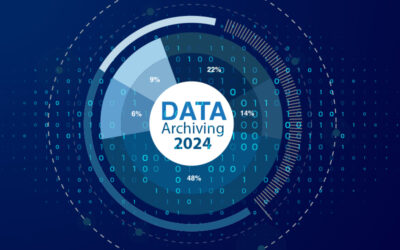
These data related courses are expected to emphasize the importance of managing, sharing, and reusing data.
Due to the increased need for data entry, document scanning and data management, many universities now offer undergraduate and graduate courses related to data studies like Data Conversion and Interoperability, Data Quality and Documentation, Meta Data and Description and so on. Cornell University is a leader in data focused education, and adopts a formalized approach towards data management across several research related, mathematical, and biological courses of study. The university believes that data curation and management is of immense use to lab work and future career applications, and pushes students to sharpen these important skills.
Universities and colleges are expanding data studies in broader areas of learning that extend beyond purely scientific focuses. Literature is a language based on all studies and requires data from various journals and libraries. Students with literature major opt for publishing or media careers which require bulk document scanning and conversion. Similarly, art based majors also involve data conversion. Data Management is now a common theme across all departments in major universities, colleges, graduate universities and trade schools and so on.
Efficient data processing and management is also important to overcome challenges like data quality. In 2005, The National Science Foundation noticed that digital data collections are at the heart of fundamentally new approaches to research and education. Today it is no surprise that universities that are research oriented offer various methods of dealing with data including data management, data storage and data analytics.
For both academic and administrative purposes bulk document scanning and data management has become an effective solution for information organization and analysis and instilling the importance and value of a data based skill set is the responsibility of all educational institutes in order to produce knowledgeable graduates. It is vital also to ensure the security of data with the help of dedicated data librarians and restricted access, when it comes to large-scale data administration.



